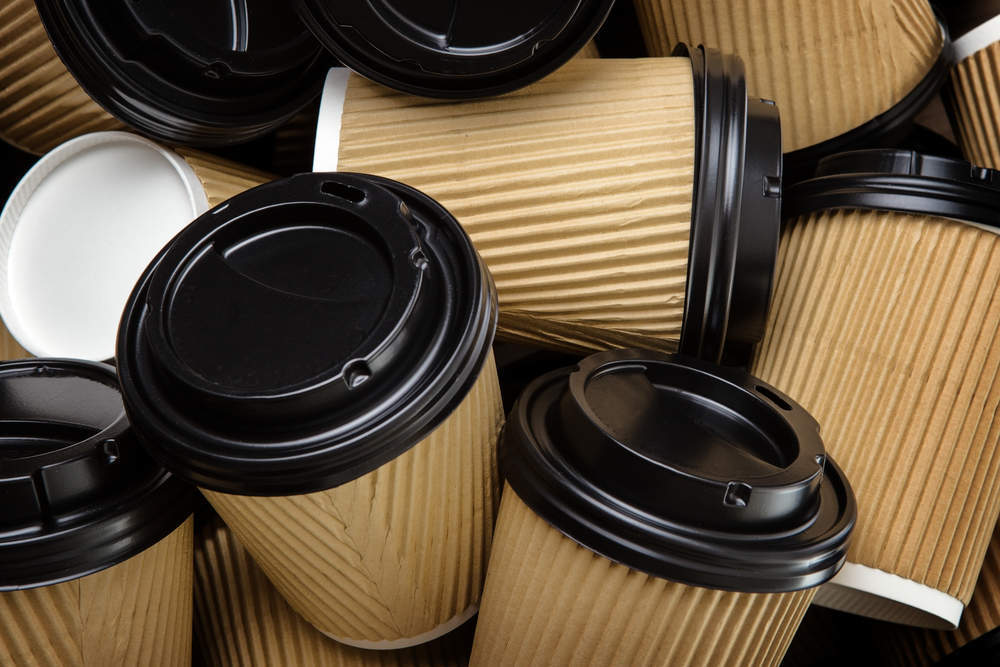
British law makers have called for a so-called latte levy on disposable coffee cups to combat poor recycling rates and help achieve landfill targets.
They want a 25p charge to be placed on disposable coffee cups, with around 2.5bn disposable coffee cups thrown away every year and only one in 400 being recycled.
The latte levy will go far in the UK’s fight against waste and contribute towards investment in recycling facilities.
There is increasing pressure on the government and large corporations to take steps to combat climate change.
The UK government is seeking to meet EU Landfill Directive targets despite Brexit, with the target of achieving less than 10 percent of waste going to landfill by 2020.
This not only means diverting waste from landfills, but ensuring this is done in the most environmentally friendly way possible; with priority being to encourage recycling and reuse. This is ever more important since China has banned the import of waste plastic from the UK.
How well do you really know your competitors?
Access the most comprehensive Company Profiles on the market, powered by GlobalData. Save hours of research. Gain competitive edge.

Thank you!
Your download email will arrive shortly
Not ready to buy yet? Download a free sample
We are confident about the unique quality of our Company Profiles. However, we want you to make the most beneficial decision for your business, so we offer a free sample that you can download by submitting the below form
By GlobalDataWhile the materials used in disposable coffee cups are recyclable, recycling facilities need specialist equipment in order to separate these.
As a result, there are currently only four sites in the UK — James Cropper PLC, ACE UK and Veolia.
The dilemma is not only the few facilities that can recycle disposable cups, but also the general public belief that disposable cups are recyclable, resulting in these being thrown in generalised recycling bins.
This results in more time and money being spent in order to separate these out, and much of this will then end up in the landfill.
Though many corporations have adopted measures to encourage consumers to reduce waste, such as Pret offering a 25p discount when using a reusable coffee cup and Starbucks disposable cup specific recycling bins trials in London branches (stating that up to 90 percent of cups from the chain get recycled) this needs to become more widespread to have a significant impact.
Instead, people will be more inclined to invest in a reusable coffee cup if there is a charge placed on using a disposable one.
Starbucks is offering reusable cups for £1 which a consumer would make back in four drinks, as opposed to consistently paying 25p for every disposable cup used.
Overall, we will see a similar effect to the plastic bag tax, which has seen an 83 percent decline in the use of plastic bags from the seven biggest UK retailers (Asda, Marks and Spencer’s, Sainsbury, Tesco, The Co-operative Group, Waitrose and Morrisons).







Related Company Profiles
James Cropper Plc
Tesco Plc
Starbucks Corp